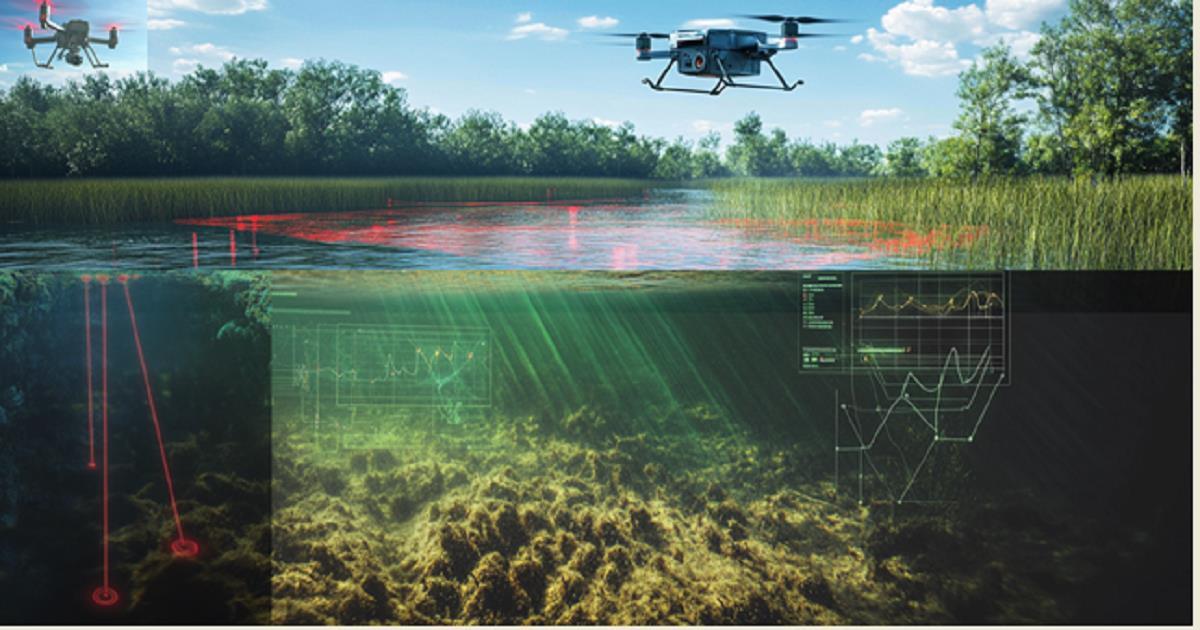Advancing Hydro-Environmental Research and Practice: Integrating Ecohydrology, Remote Sensing and Hydroinformatics
A special issue of Water (ISSN 2073-4441). This special issue belongs to the section "Hydrology".
Deadline for manuscript submissions: 30 January 2026 | Viewed by 819

Special Issue Editors
Interests: environmental fluid mechanics; ecohydraulics; sediment transport; earth surface processes; turbulence; flow and particle transport measurement and instrumentation
Special Issues, Collections and Topics in MDPI journals
Interests: river morphology; sediment dynamics and management
Interests: hydraulic engineering; river morphodynamics; sediment transport flow-structure interactions; ecohydrology; remote sensing applications; hydroinformatics tools
Special Issues, Collections and Topics in MDPI journals
Special Issue Information
Dear Colleagues,
This Special Issue focuses on cutting-edge advancements in hydraulic measurements and instrumentation, highlighting their integration with ecohydrology, remote sensing, and hydroinformatics to address water-related challenges in rivers, estuaries, and coastlines. Innovations in sensor technologies, such as laser-based systems (e.g., 3D Laser Doppler Velocimetry), acoustic methods (e.g., Acoustic Doppler Current Profilers), and drone-enabled optical techniques (e.g., Large-Scale Particle Image Velocimetry), have revolutionized the ability to monitor flow dynamics, sediment transport, and aquatic ecosystems with unprecedented precision. Remote sensing technologies, including LiDAR and hyperspectral imaging, offer large-scale insights into hydrological processes such as vegetation dynamics and water quality. Combining these tools with hydroinformatics—including AI-driven predictive modeling and real-time decision support systems—enables the comprehensive analysis of hydrodynamic processes and ecosystem interactions across diverse spatiotemporal scales. This Special Issue emphasizes interdisciplinary approaches that integrate hydraulic measurements with ecohydrological models to evaluate ecosystem services, improve water management strategies, and foster sustainable practices.
By bridging traditional measurement techniques with modern technologies, this Special Issue provides a platform for researchers and practitioners to explore innovative applications in water resource management, habitat restoration, flood mitigation, and beyond.
Dr. Manousos Valyrakis
Dr. Gudrun Hillebrand
Dr. Rui M. L. Ferreira
Guest Editors
Manuscript Submission Information
Manuscripts should be submitted online at www.mdpi.com by registering and logging in to this website. Once you are registered, click here to go to the submission form. Manuscripts can be submitted until the deadline. All submissions that pass pre-check are peer-reviewed. Accepted papers will be published continuously in the journal (as soon as accepted) and will be listed together on the special issue website. Research articles, review articles as well as short communications are invited. For planned papers, a title and short abstract (about 250 words) can be sent to the Editorial Office for assessment.
Submitted manuscripts should not have been published previously, nor be under consideration for publication elsewhere (except conference proceedings papers). All manuscripts are thoroughly refereed through a single-blind peer-review process. A guide for authors and other relevant information for submission of manuscripts is available on the Instructions for Authors page. Water is an international peer-reviewed open access semimonthly journal published by MDPI.
Please visit the Instructions for Authors page before submitting a manuscript. The Article Processing Charge (APC) for publication in this open access journal is 2600 CHF (Swiss Francs). Submitted papers should be well formatted and use good English. Authors may use MDPI's English editing service prior to publication or during author revisions.
Keywords
- hydraulic measurements
- ecohydrology
- remote sensing
- hydroinformatics
- sediment transport
- laser doppler velocimetry
- acoustic methods
- lidar technology
- predictive modeling
- sustainable water management
Benefits of Publishing in a Special Issue
- Ease of navigation: Grouping papers by topic helps scholars navigate broad scope journals more efficiently.
- Greater discoverability: Special Issues support the reach and impact of scientific research. Articles in Special Issues are more discoverable and cited more frequently.
- Expansion of research network: Special Issues facilitate connections among authors, fostering scientific collaborations.
- External promotion: Articles in Special Issues are often promoted through the journal's social media, increasing their visibility.
- Reprint: MDPI Books provides the opportunity to republish successful Special Issues in book format, both online and in print.
Further information on MDPI's Special Issue policies can be found here.







